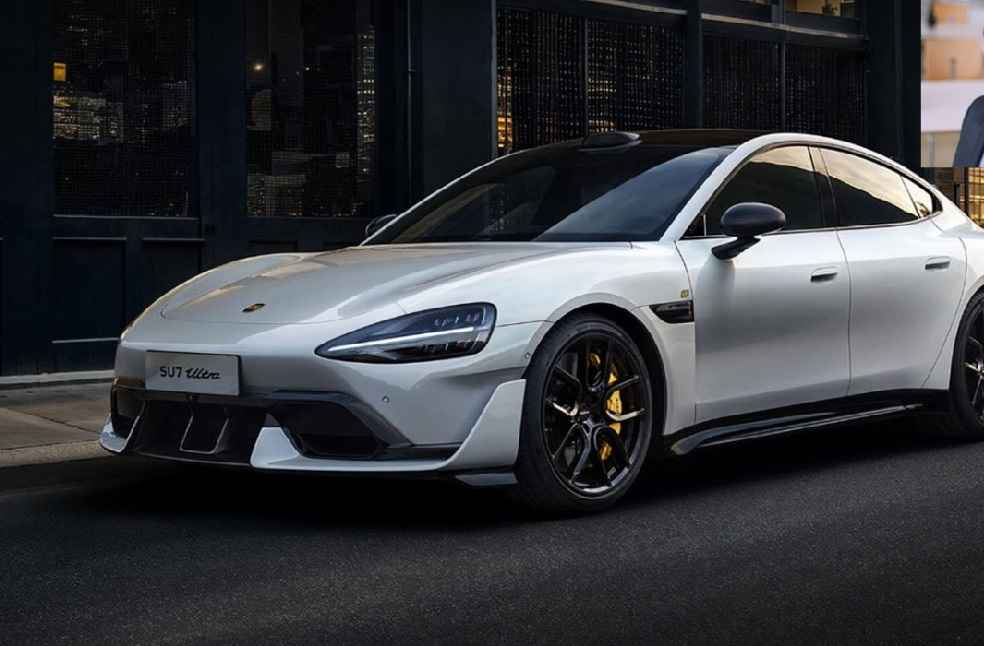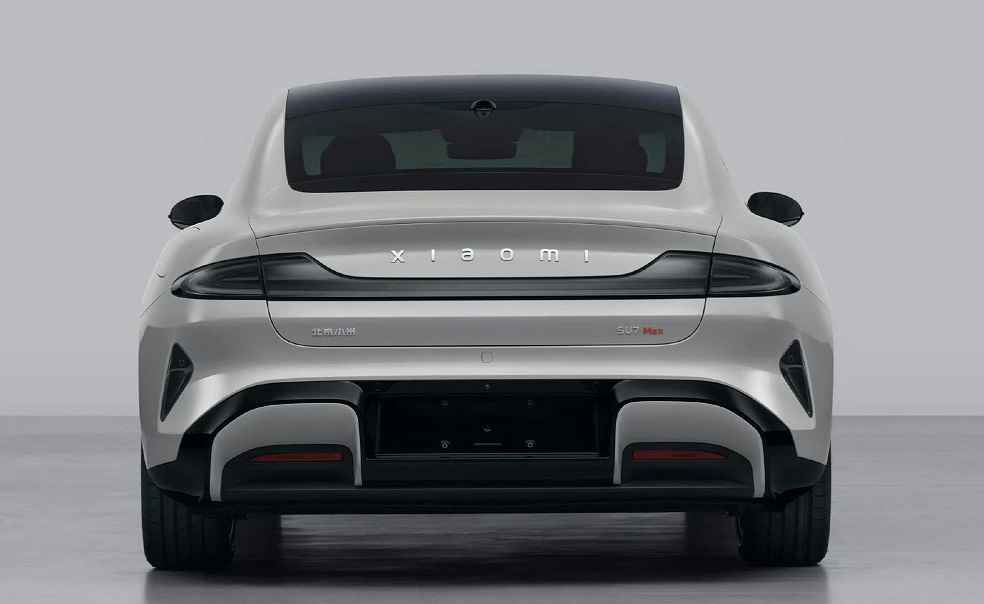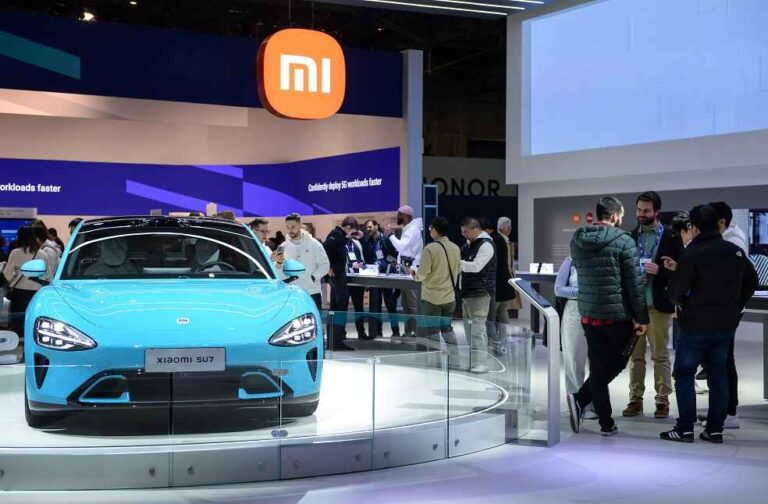Xiaomi’s electric vehicle (EV) arm has reached a major milestone with the production of its 500,000th car. The company has raised its 2025 delivery forecast to more than 400,000 units, according to official statements.
The move comes as Xiaomi’s EV business has begun generating profits at a faster pace than any of its other divisions. In its third‑quarter earnings call, the company confirmed it is on track to meet its earlier target of delivering 350,000 vehicles by the end of this week.
Renowned for its smartphones and its ecosystem of IoT-connected smart devices, Xiaomi has repeatedly outperformed analysts’ forecasts since entering the automotive sector. Reports indicate that the Beijing-headquartered company, which made its first vehicle sale early last year, turned profit in the business just last quarter.

Within Xiaomi, the EV and AI unit delivered standout performance, posting a profit of 700 million yuan. The division reached this milestone roughly 19 months after debuting its first SU7 electric sedan last year.
Meanwhile, the company has expressed concern that the global shortage of memory chips could weigh on its strong earnings, as rising component costs are expected to affect both of Xiaomi’s core business segments. In addition, the gradual phase‑out of China’s tax incentives for EV purchases is likely to dampen consumer demand.
Xiaomi founder, chairman, and CEO Lei Jun noted that the company plans to counter these headwinds by shortening customer wait times, enhancing production capabilities, and investing heavily in R&D to introduce new features—including more advanced AI for its driver-assistance system.

Lu Weibing, Partner and President of Xiaomi Corporation, said the company has secured a series of agreements to guarantee adequate component supplies for next year. He also noted during the post-earnings call that Xiaomi plans to raise product prices to help offset the expected jump in component expenses.
His remarks followed a warning from Semiconductor Manufacturing International Corporation (SMIC), a major Chinese chip producer, which cautioned that a potential memory-chip shortfall could affect both automotive manufacturing and consumer electronics by 2026.
NEW LAUNCH | Penske Automotive Expands With Toyota, Lexus Acquisitions





